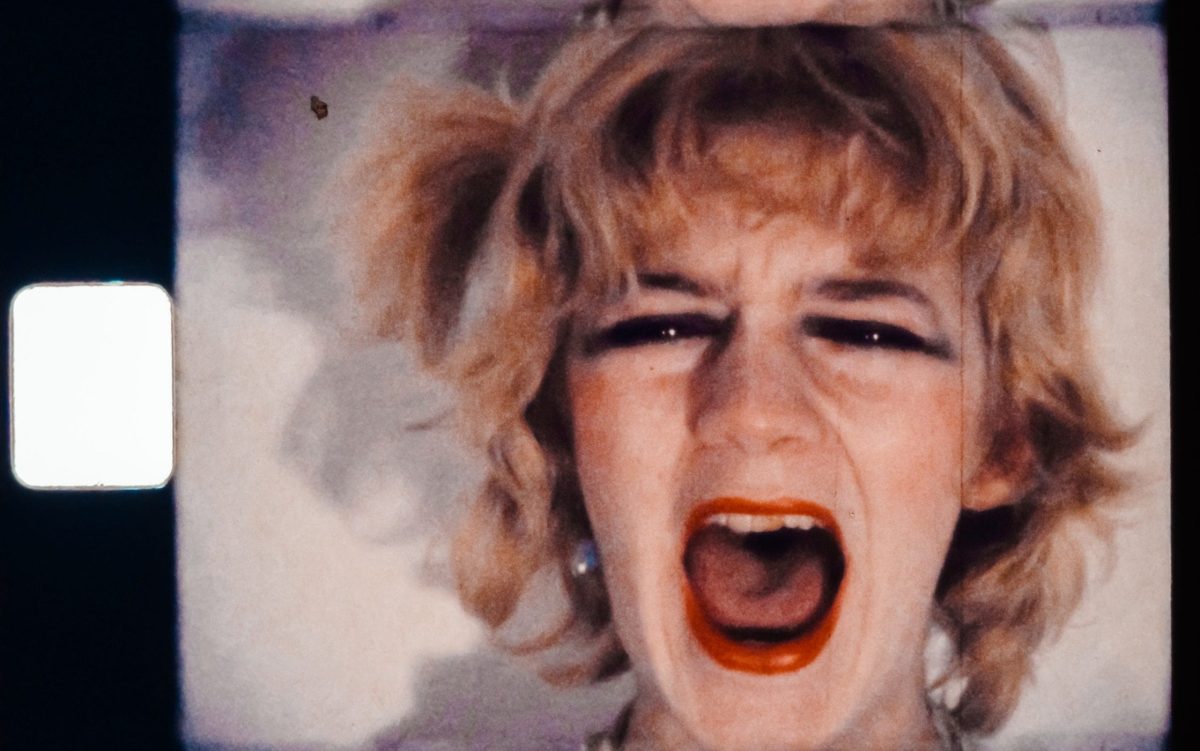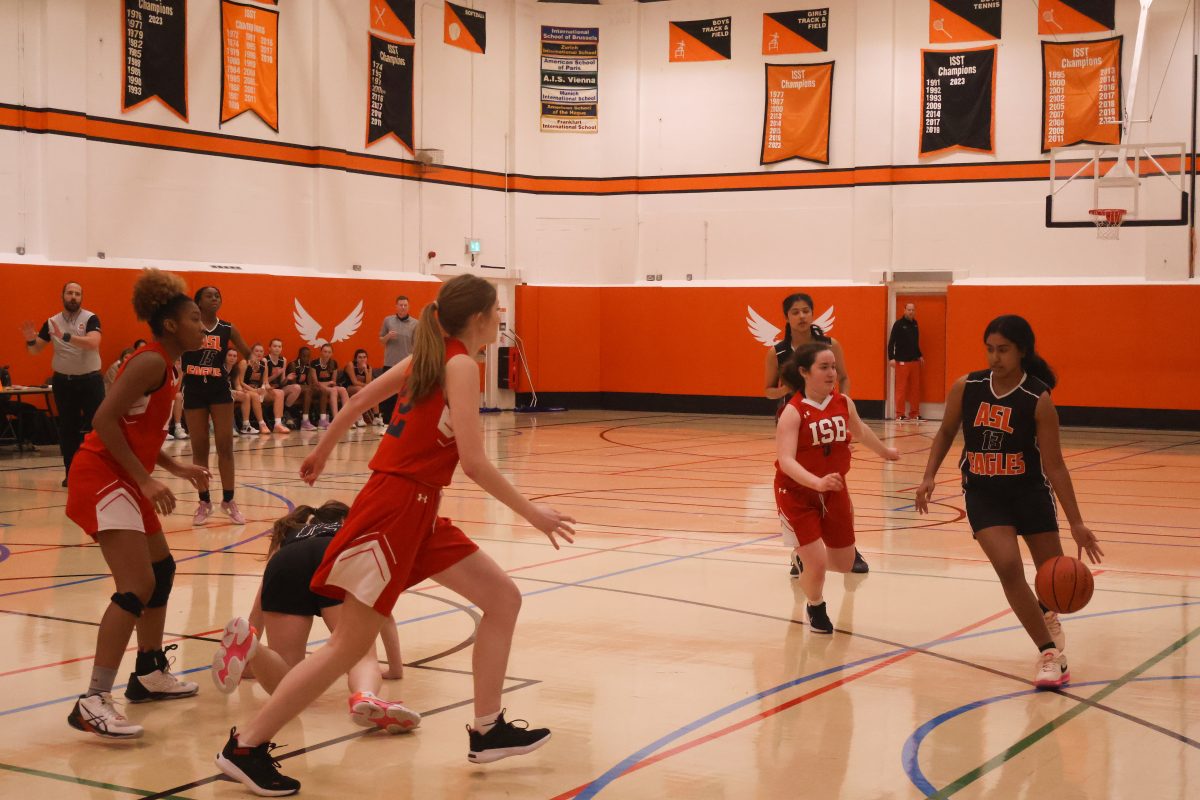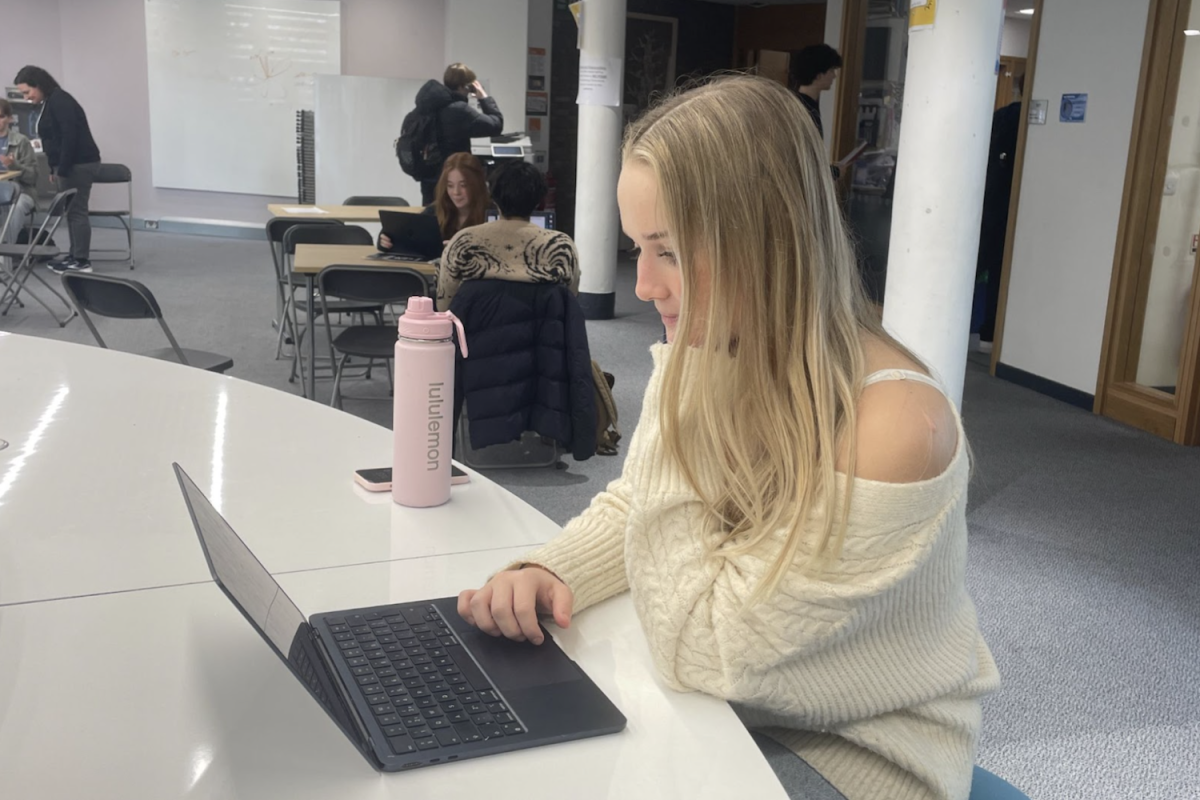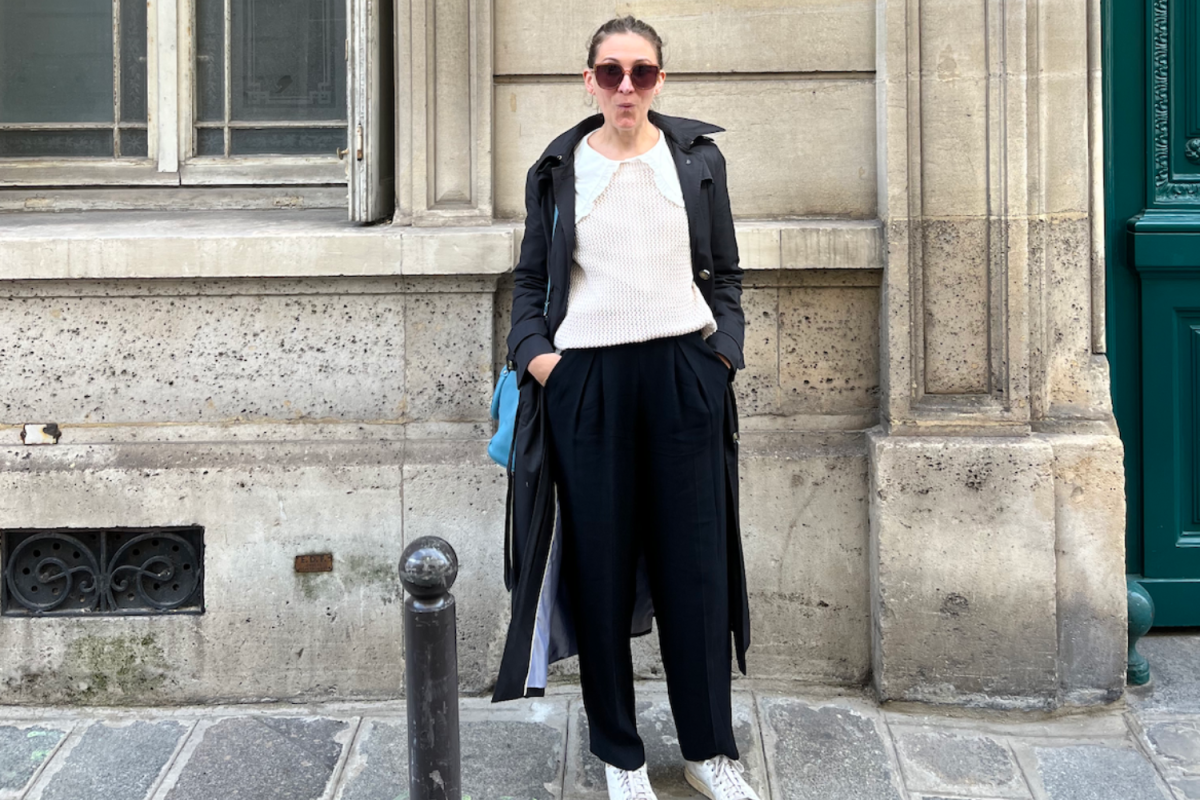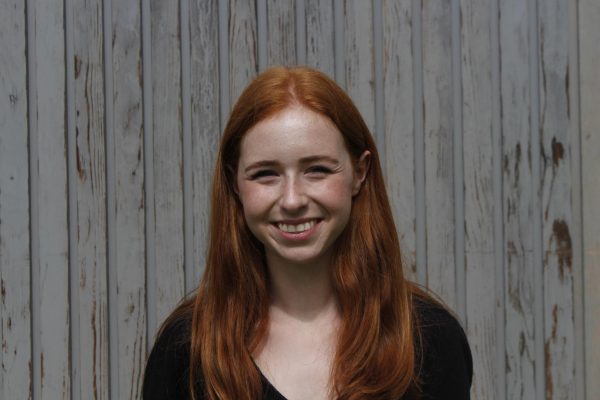Ever since her high school English classes, English Teacher Alissa Mears has always felt “a certain pull” toward female writers. Nonetheless, it wasn’t until her late 30s that she became truly invested in the crossbridge between feminism and literature.
Mears said after inheriting the Gender in Literature English elective, she has been able to convey her passion for feminist literature to her students in hopes of inspiring them to appreciate the richness of female voices throughout literary history. In an interview with Features Editor: Online Giulia Scolari, Mears answers questions about her background and fascination with feminism.
Why are you interested in feminism?
I grew up in a very heteronormative traditional family. I have one brother, a mother and a father, and I think it was really hard for me to imagine being able to have relationships with my sons that would be the level of intimacy that I have with my mother. I always really wanted daughters. Having sons really forced me to look closely at my own bias and my own assumptions and the way that sons are raised to be in singular relationships. Why is that? Why are men taught to be permitted with whom they share their emotional confidences? Parenting for boys has been really instructive and inspiring to me. That’s the beauty of feminism. It’s not just about women. It’s about equity for all, and it’s about seeing the world in a way that celebrates femininity, masculinity and all the combinations.
Who are you inspired by?
My students are a huge source of my inspiration, really because they often inspire my own writing and inspire deeper thought within me. I feel like gender in particular is something that is just so slippery, and it’s changed our understanding of how ridiculously we’ve reified these gendered structures that are really artificial. Honestly, I come out of every class that I teach for Gender in Lit, and I have heard something new or something that I hadn’t thought of. My students oftentimes are exposed to new understandings that my generation is simply not aware of and introduces me to new ways of being.
How do you balance your personal beliefs in a classroom with different perspectives?
My purpose of sitting down with students, talking and reading together is for them to feel that they have a voice, they have a future and they feel loved. I mean, I don’t agree with everything that my family says all the time, but at the dinner table, there’s never any question that I feel love for them, and I feel the same way about my students. When we sit down at the table, we can have different opinions. That’s important. I think that’s why there’s such a misperception of feminism being about women one-upping men and it’s not about that, it’s really about equity. It’s about creating a culture in which everyone can be their fullest self.
What are some personal instances of sexism you have encountered?
I remember feeling deeply uncomfortable in any number of instances with older men in the way that they touched me and in the way that they infantilized me through their language. Now though, I hear a lot from my students about issues of sexism that are really frustrating to them, even playground stuff that my kids come home with. My sons like to paint their nails, and the kids in their classes made initially negative remarks about it. Why are we limiting painting nails to just one gender? It’s so silly. Oftentimes it is sort of the impetus of conversation and events that transpire that kind of are rooted in sexist ideas.
What message do you hope to instill in your students?
Having analyzed women in literature for so many years now and after having lived, I think I have recognized the power of feminism, and advocacy for women comes from the fact that we want to bring out the best in the world. And I can see that, especially when boys take Gender in Lit, I can really see that most of them find it a truly valuable class, even if they walked in expecting it to be the most useless course. I try to teach feminism as a term of equity. I said this before, but it’s about establishing that environment of love and allowing people to receive and give love without feeling like they are losing any part of their masculinity if they are a man or feeling they fall into a stereotypical gender role if they are a girl. I think oftentimes, people in power, as a means to prove themselves, are willing to give up happiness and vulnerability and intimacy and love, and that is the opposite of what I find feminism stands for.

